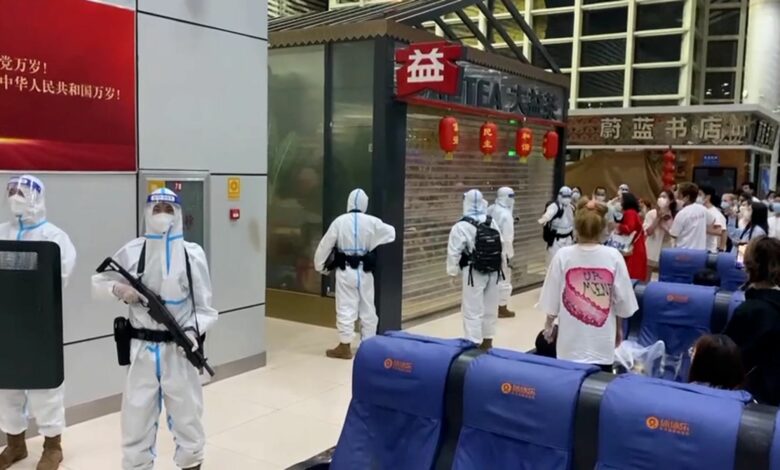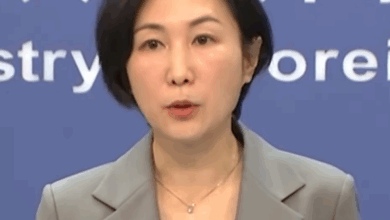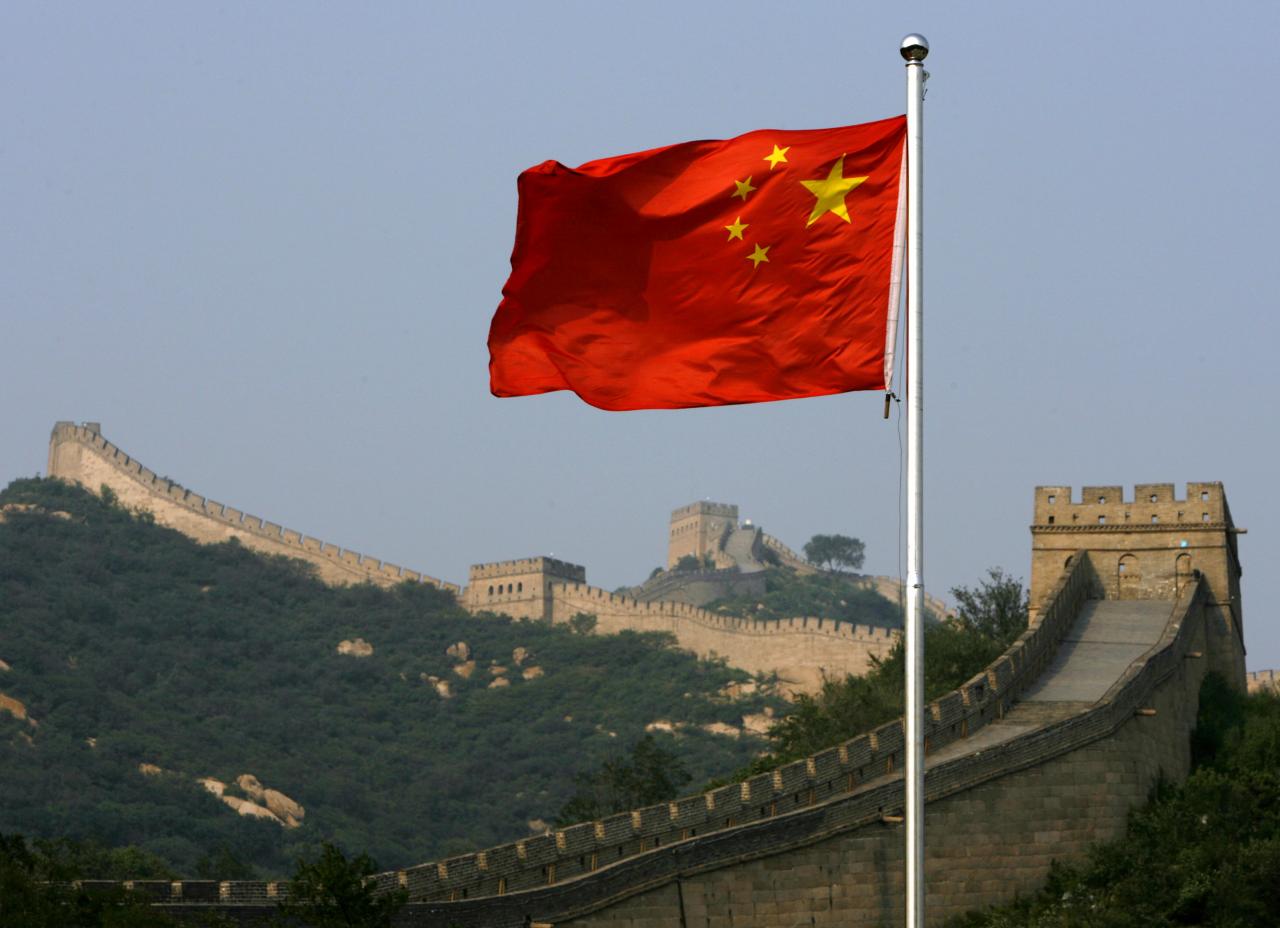
Tourist spending for the week-long holiday that started on October 1 declined 26% to 287.2 billion yuan ($40.4 billion) year-on-year, according to figures from the Ministry of Culture and Tourism on Friday. That’s the lowest figure since 2014, and less than half of the pre-pandemic level in 2019, according to government statistics from previous years.
The National Day break is one of China’s longest public holidays and usually a peak season for travel and spending.
But this year, people were deterred from traveling by a resurgence of the virus and stringent Covid restrictions. Lockdowns and other control measures have intensified in recent weeks, including in some popular tourist destinations. Consumer sentiment also took a hit from rising economic woes, which are mainly a result of Beijing’s ongoing zero-Covid policy and a deepening slump in the property market.

“The soft pack of holiday data is hardly a surprise with new Covid outbreaks and tighter containment measures ahead of the Party Congress,” said Citi analysts in a research report on Sunday, pointing to this month’s gathering of Communist Party elites in Beijing at which Chinese leader Xi Jinping is widely expected to break with tradition and be appointed to a third term in power.
China is the world’s last major economy still enforcing strict zero-Covid measures, which aim to stamp out chains of transmission through border restrictions, mass testing, extensive quarantines, and uncompromising snap lockdowns.
The ruling Communist Party has used the zero-Covid strategy to argue that its political model is superior to Western democracies, and Xi has thrown his weight behind the policy.
For local officials, doubling down on zero-Covid is a way to toe the Party line, demonstrate their loyalty to Xi, and prevent any large-scale outbreak that could jeopardize their career weeks before the Party Congress.
In this month alone, the entire region of Xinjiang, home to 22 million people, banned all residents from leaving its borders, only weeks after it had begun relaxing restrictions from a stringent extended lockdown. While last week, hundreds of tourists were stranded in an airport in the southwestern province of Yunnan after authorities imposed a snap lockdown.
As a result of the restrictions, some inside China have taken to calling this year’s holiday “the bleakest Golden Week ever” as people become fatigued with three years of Covid restrictions, choosing instead to stay at home rather than risk getting caught in unexpected lockdowns.
Only 422 million trips were taken during this year’s holiday, down 18% from last year, according to the Ministry of Culture and Tourism. The number of trips was the smallest since 2014, and far from recovering from pre-pandemic levels.
Air ticket prices were the cheapest in five years, averaging 650 yuan ($91) per domestic travel, figures from Qunar, a Chinese online travel agency, showed.
And it wasn’t just travel that was down. Movie ticket revenue plummeted a massive 66% to 1.5 billion yuan ($211 million) year-on-year, the worst box office for the National Day week since 2016, according to the China Film Administration. That’s only a third of the ticket revenue for the same period in 2019.
State media outlets have attributed it mainly to a lack of film options, as most of the releases were propaganda or animations. “There is no blockbuster or imported films,” said the state-run Southern Metropolis Daily.
New home sales also tumbled 38% during the Golden Week in 21 key cities, compared with the same period a year ago, according to China Real Estate Industry, a private research firm.
All the weak data point to the heavy damage of Beijing’s zero-Covid policy on consumer spending and the economy, said analysts.
“The Covid resurgence and risk of being lockdowns discouraged consumption and travel notably,” said Ken Cheung, chief Asian forex strategist at Mizuho Bank.
“Obviously, the zero-Covid policy has been keeping the economy under pressure and market participants will scrutinize any signals of policy tweaks after the leadership reshuffle at the upcoming 20th Party Congress,” he added.

Lockdowns hitting services and employment
Separately, a key private survey showed Saturday that China’s massive services activity contracted in September for the first time in five months.
The Caixin services Purchasing Managers Index, which focuses on small and medium-sized enterprises in China’s service industry, dropped to 49.3 last month from 55 in August, according to a statement by S&P Global Ratings. It was the first drop in the index since May. A reading below 50 indicates contraction.
Efforts to curb the spread of Covid across China led to a renewed fall in service sector activity, which disrupted business operations and restricted travel, the statement said.
In particular, employment continued to shrink. The gauge for employment stayed in contraction territory for the ninth consecutive month and hit its lowest point since May.
China’s service sector is a key source of employment, accounting for 48% of total jobs created, according to government data. It also has the largest numbers of employed youth, mostly in restaurants and other food services.
“The market was much less optimistic,” said Wang Zhe, senior economist at Caixin Insight Group, in the statement.
The survey also showed that companies’ expectations for future activities recorded the lowest reading in six months and the second lowest since August 2020.
“Entrepreneurs’ concerns continued to stem from recurring Covid outbreaks and the impact of related controls on the market,” Wang said.
CNN’s Nectar Gan contributed to this report.




